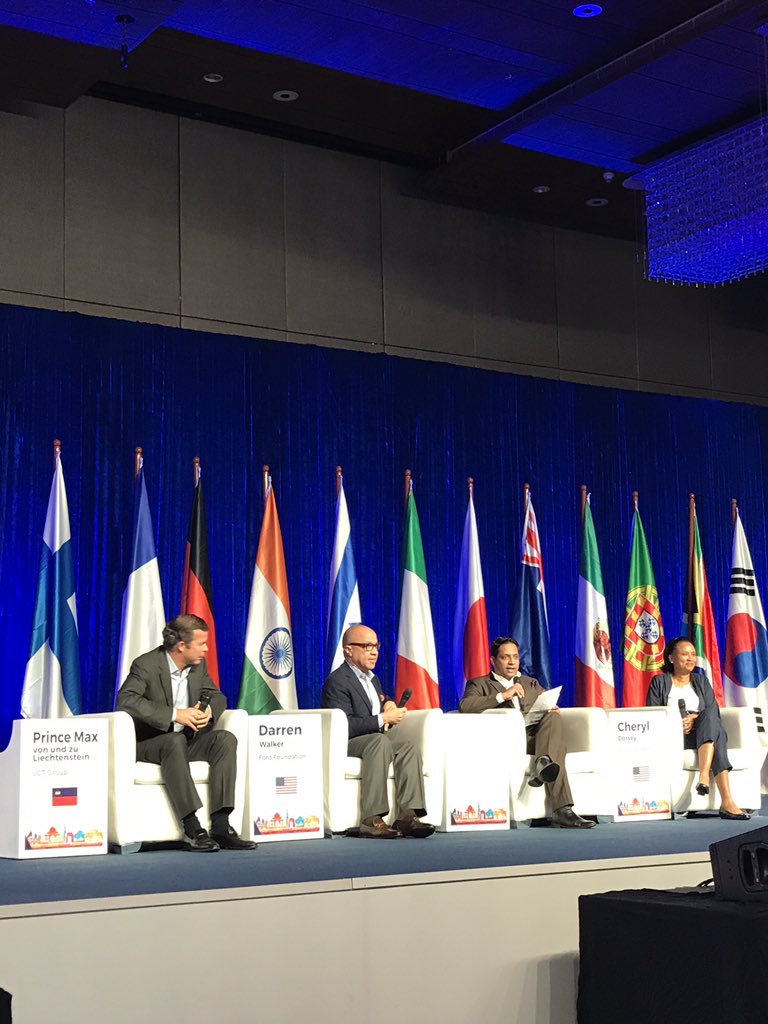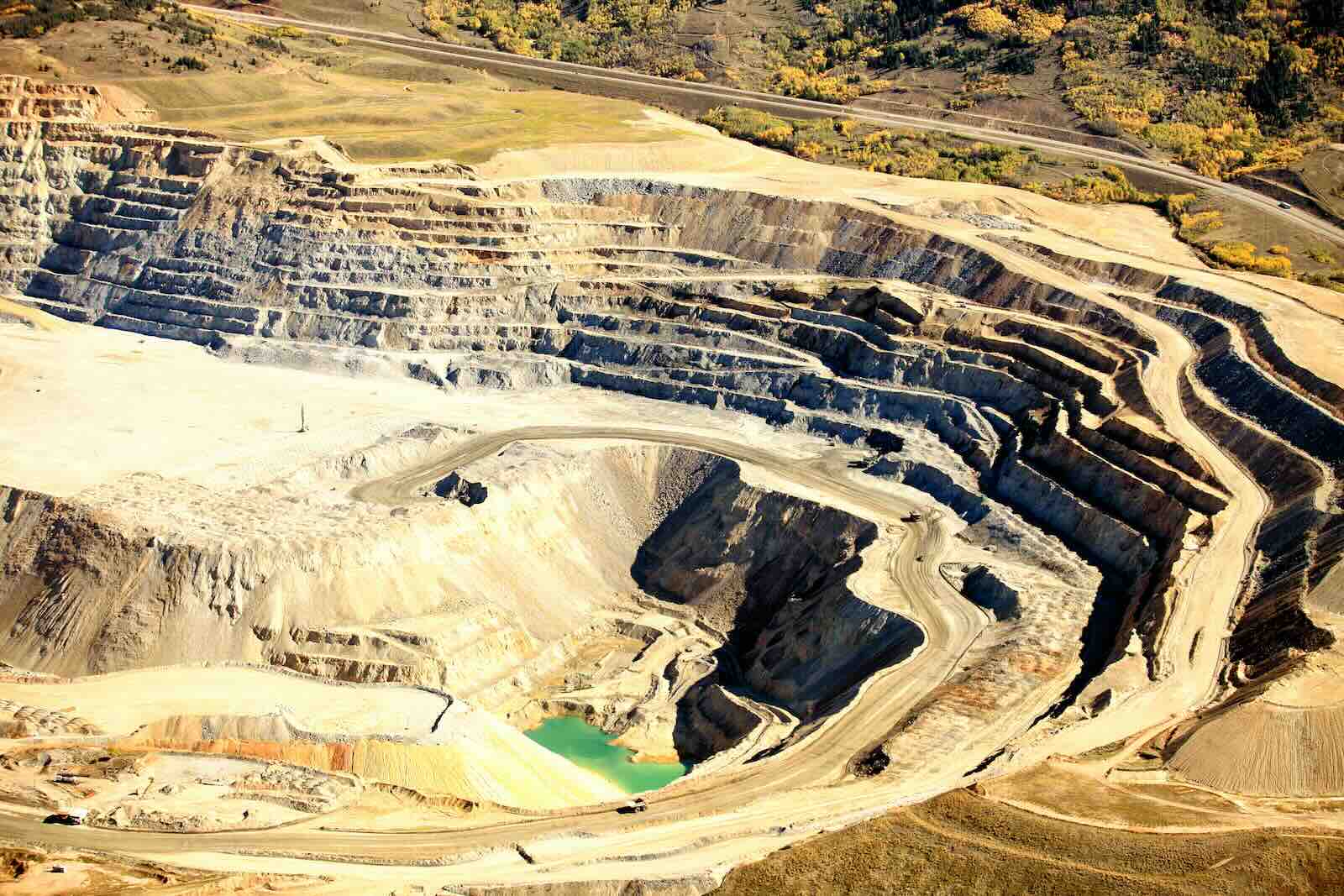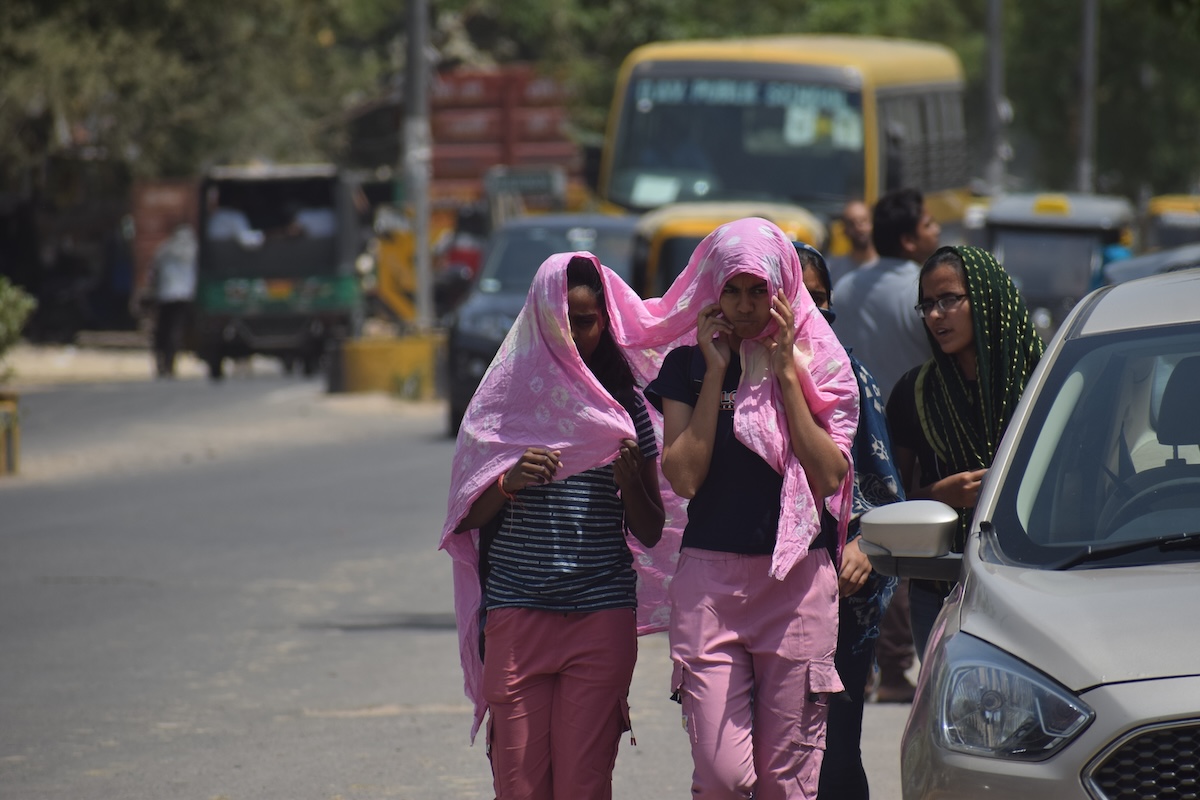The annual Who’s Who of impact investing, hosted by Sir Ronald Cohen’s Global Social Impact Investment Steering Group, is convening for the fourth year.
The GSG’s annual awards recognized individuals and organizations “radically reshaping how measurable impact on people and the planet is reflected in financial decision-making.”
The U.S.-based family office Blue Haven Initiative was named “Impact Asset Owner of the Year” (listen to ImpactAlpha’s podcast interview); LeapFrog Investments won in the asset manager category; Devi Shetty of the Indian low-cost hospital network Narayana Health, was recognized as “Impact Entrepreneur of the Year. The “market builder” award went to the Bridges Fund Management-backed Impact Management Project.
The “millennial honors,” awarded by the Aspen Network of Development Entrepreneurs and the GSG, went to Samir Ibrahim, founder of solar irrigation tech company SunCulture, and Ankit Agarwal, co-founder of HelpUsGreen, which collects and “upcycles” bio waste from the Ganges River.
Capital for “large outcomes.” Four new funds officially launched at the Delhi summit. The India Education Outcomes Fund is looking to raise $700 million and invest in primary and secondary learning and workforce development, largely through pay-for-success programs. The India Impact Fund of Funds is focused on long-term affordable debt for renewable energy, financial inclusion and healthcare. The Africa and Middle East Education Outcomes Fund also will invest in education pay-for-success initiatives, leveraging development finance capital. The LATAM Impact Fund of Funds aims to catalyze blended finance for infrastructure development and social initiatives.
Three more. Bangladesh, New Zealand, and South Africa joined the 18 countries and the European Union that have national advisory boards to champion impact investing.
An obvious truth… In his keynote, Al Gore called climate change a “collision between how our civilization is built and a remarkably fragile ecosystem.” Delegates didn’t need the report from the Intergovernmental Panel on Climate Change (see above) to feel the urgency. Air quality in Delhi, one of the most polluted cities in the world, slipped back to “poor” category as the GSG convened.











